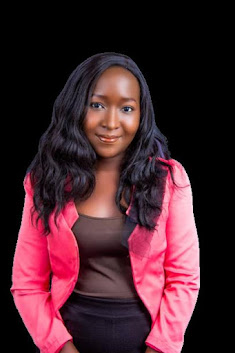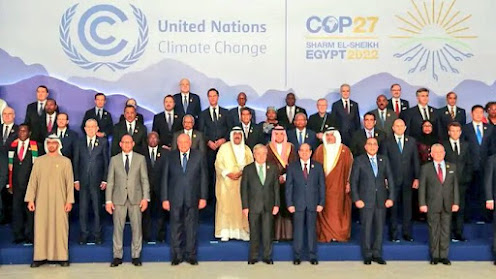Conclusion
We have reached the end of my blog series on water and development in Africa. It hasn’t been an easy journey and some blogs have proved difficult to write due to sensitive topics. However, I must share with you that I feel disappointed in myself. Africa is a thriving continent with a tremendous amount of innovation and I do not feel like I have demonstrated that in this blog. I feel that unfortunately, I have fallen into the trap Wainaina (2019) warned us about. Reading my blogs back I have focused on how the lives of women are negatively affected in Sub-Saharan Africa. I have highlighted how women are subject to sexual abuse on the journey to collect water and how they are often excluded from water management even though they have a good understanding of how improvements can be made. It was my intention to shed light on these sensitive issues, but in doing so I fear that I have portrayed countries in Africa in a negative way, instead of focusing to the inspiring women of those communities.
Therefore, in this final blog, I would like to bring awareness to some amazing female entrepreneurs who are making positive changes to the complexities surrounding water and gender and deserve to be recognised.
Rebecca Nanono
Rebecca Nanono is the co-founder and CEO of Shetechtive. The Kenyan social enterprise empowers girls and young women by proving tablets and laptops on installment payment plans. This takes the pressure off upfront payments and makes it a much more affordable option. As a result, girls and young women have access to tools that can improve their education. If girls stay in school they will not have to bare the brunt of water collection, which puts them at risk (Kes and Swaminathan, 2006). It may also encourage school boards to update hygiene facilities.
Schermer and Sitole are co-founders of an innovative women’s health and wellness platform, Zoie Health based in South Africa. This allows women to access affordable healthcare and have a safe space where their health issues are listened to. The platform helps facilitate online consultations, home consultations, and delivery of contraceptive and STI kits. This means that women can get adequate health care and as a result, they be more productive when collecting water or participating in small-hold farming. Most importantly it improves their quality of life.
Thato Schermer and Dr Nonie Sitole – Co-Founders of Zoie Health
This blog has been a learning curve, falling victim to ways I was adamant to avoid. However, it is important to highlight the problems that women face in Sub-Saharan Africa in order for a solution to be provided. One of my key takeaways from this experience is that there is always positive news and pockets of inspiration, you may just have to look harder to find it.




Amazing blog, throughout my blog I to felt that I didn't display ways that Africa was making innovations so it is good to see that you have thought about this and displayed female entrepreneurship. Is there any female innovation in water management I wonder?
ReplyDeleteThank you for your comment. I have done some research and found Amira Cheniour who co-founded the company seabex. The app means that farmers can access historical water balance records and allow them to partake in precision agriculture. The software also estimates the amount of irrigation their crops need based on the climate and can be controlled remotely. I think this is a great example, as mentioned in my blog on climate change women are disproportionally affected by the warming of the planet and they are also heavily involved in the agricultural sector. Hopefully this technology will mean they can continue to produce high yields.
Delete